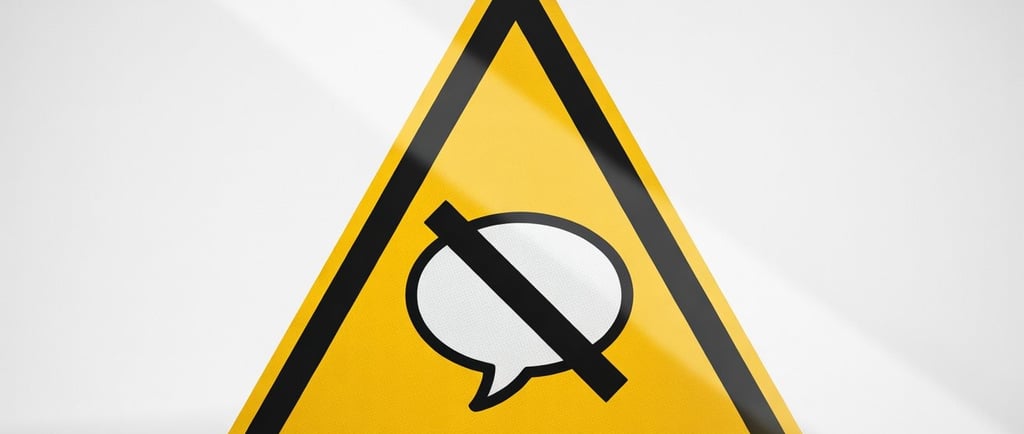Psychosocial Safety: The Culture Gap Nobody’s Talking About
Australia finally made psychosocial safety a legal requirement. The problem? You can’t regulate culture — and that’s where the real risk still lives.
10/27/20251 min read


Australia’s catching up — finally.
From April last year, the law says workplaces must manage psychosocial risks like workload, bullying, isolation, and poor leadership.
That’s good. But let’s be honest — a lot of organisations are just scrambling to tick the compliance box.
The result?
We’ve now got a shiny set of policies that sit right beside the same old culture.
The numbers are getting worse
Safe Work Australia’s latest data shows mental health conditions now account for 9% of all serious workers’ comp claims — up nearly 40% in four years.
These claims cost three times more and take four times longer to resolve than physical injuries.
So, yes — we’ve got a crisis.
But we’re trying to solve it with yoga classes, massages, resilience workshops and free fruit.
That’s like handing out umbrellas in a hurricane.
The real hazard isn’t stress — it’s silence
Every workplace has UGRs — Unwritten Ground Rules.
They’re people’s perceptions of “this is the way we do things around here.”
They explain why people keep quiet when they’re struggling.
Why leaders still say “speak up” while punishing those who do.
Why “mental health matters” lives in posters but not in practice.
If your unwritten rule is “keep your head down and get on with it,” no regulation will protect your people — or your reputation.
Care beats compliance
You can’t legislate empathy.
You can’t audit trust.
You can’t train people to care if the culture says not to.
Until leaders understand the UGRs shaping day-to-day behaviour, psychosocial safety will stay a legal obligation — not a lived experience.
So if you’re a leader or HR professional, ask yourself:
What do our UGRs say about how safe it really is to speak up, push back or ask for help?
Because that answer — not your policy manual — tells you the truth about your culture.
